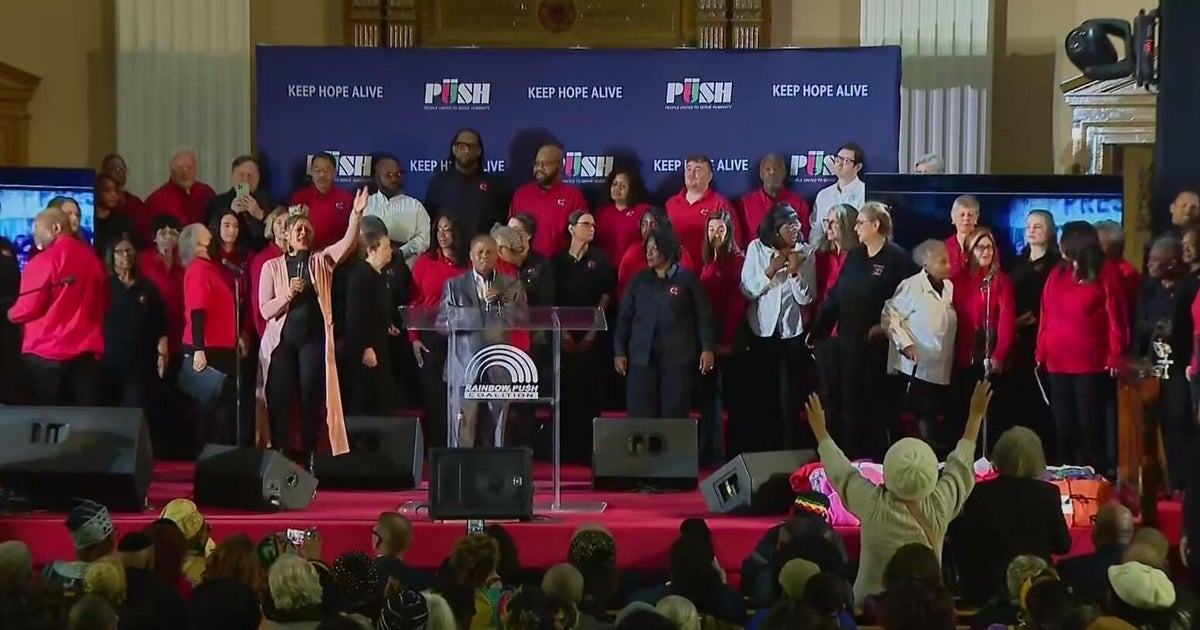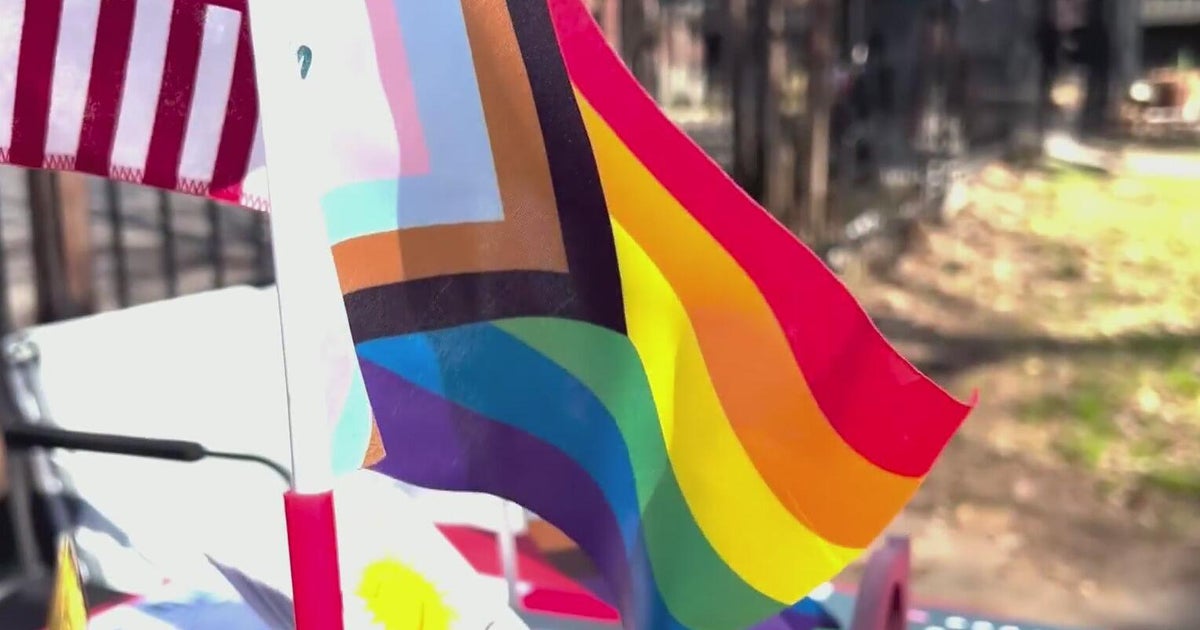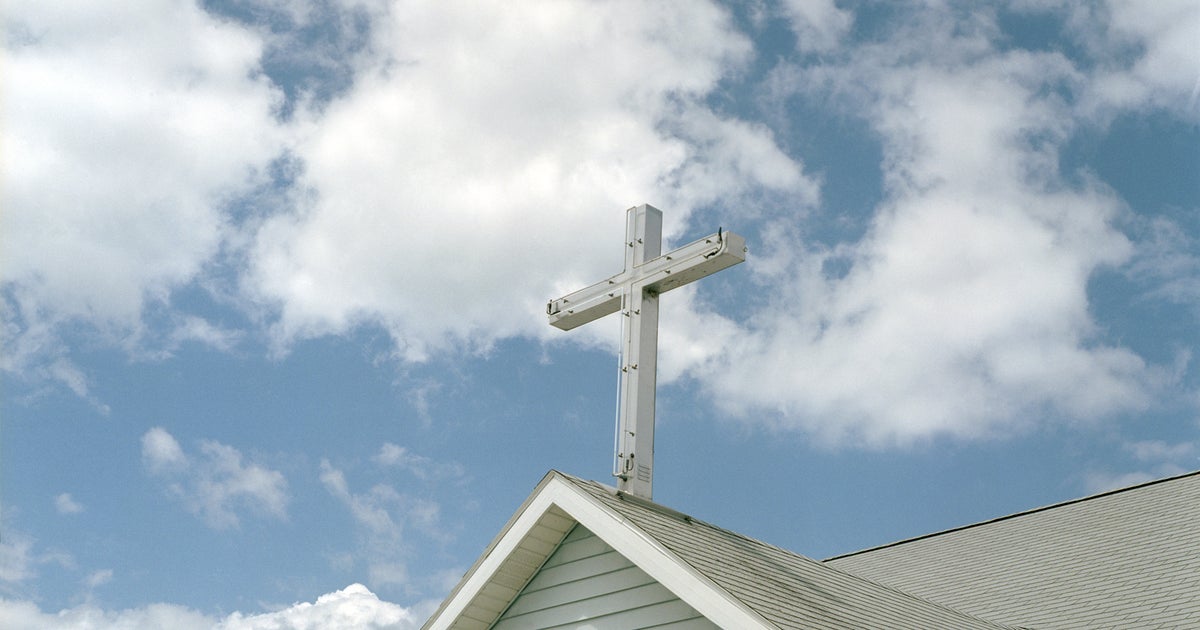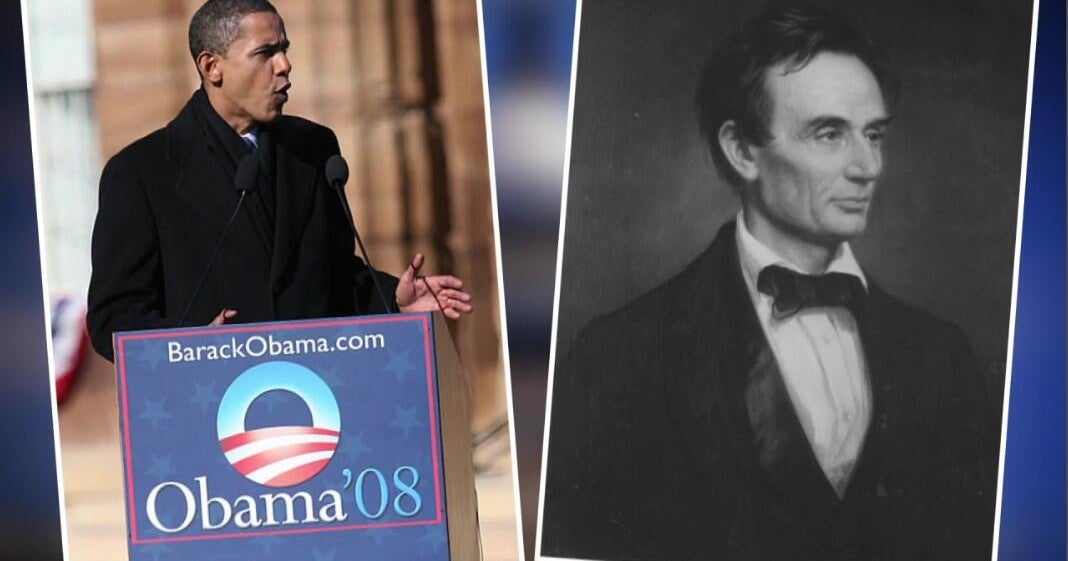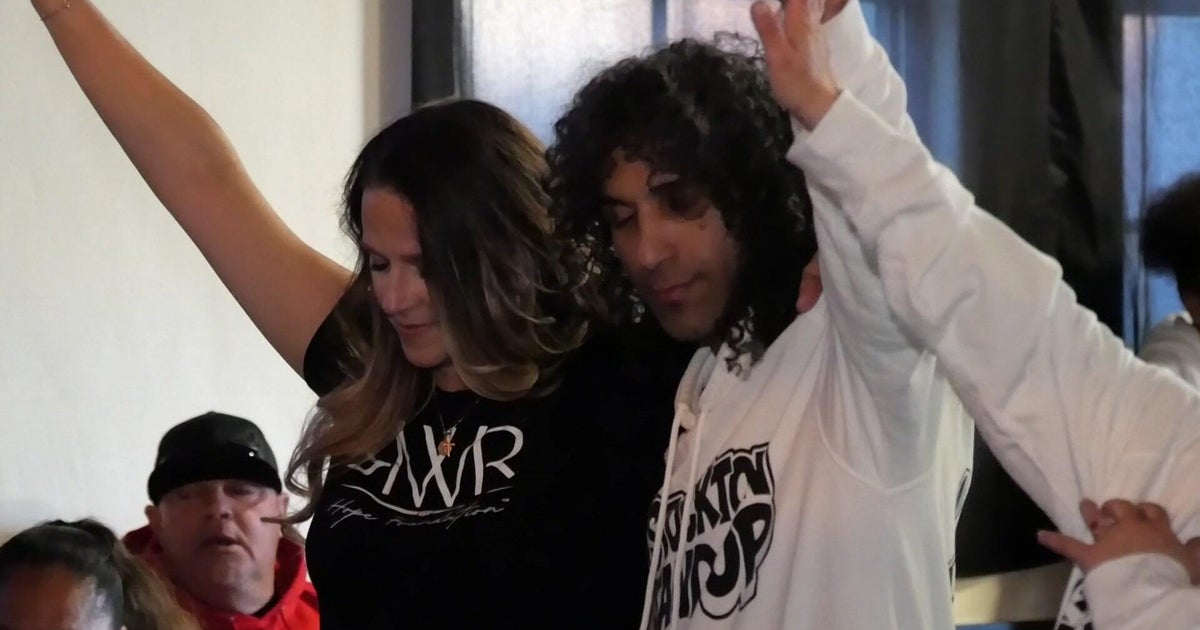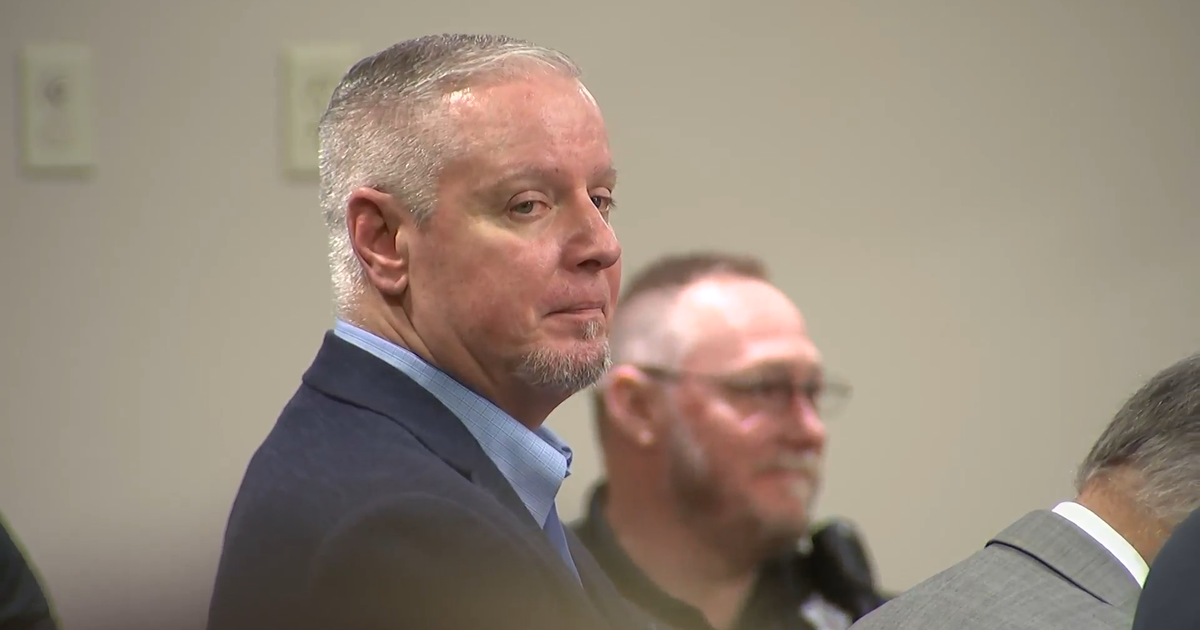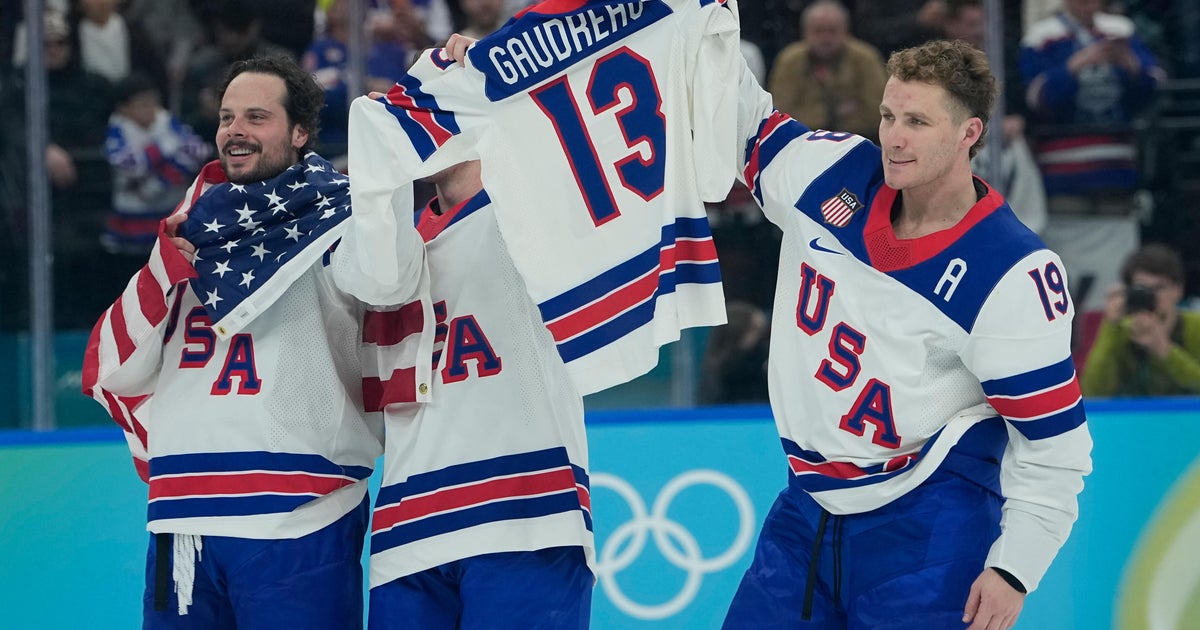Top 10 National Stories of 2015
The multinational response to ISIS
The Islamic State of Iraq and Syria (ISIS), the Jihadi-based transnational organization and poster-child for modern day radicalism, made significant geographical advances in 2015. Nations such as Russia, the United States, France and Canada launched a counter-terrorism airstrike coalition that gained support from many other members of the international community throughout the year. The terrorist group's displacing of Syrians also led to polarizing views within the states on accepting refugees.
President Obama deployed the first ground troops to counter ISIS in 2015 (which were numbered at "fewer than 50" Special Operations forces, according to a statement by the White House). He said the threat of terrorism has evolved into a new phase over the past few years, also noting that ISIS relies on lone-wolf domestic terrorist attacks due to being incapable of spreading by military means.
2015 was an important year for LGBT (Lesbian, Gay, Bisexual and Transgender) advocates. The Boy Scouts of America lifted its national ban on gay adult scout leaders, the Supreme Court of the United States (SCOTUS) ruled that it's unconstitutional to deny marriage licenses to gay and lesbian couples nation wide, and President Obama became the first president to appear on the cover of an LGBT magazine.
The mystery surrounding the death of 25-year-old Baltimore resident Freddie Gray led to riots and protests that spread across the nation. The movement "Black Lives Matter," which was founded by three women in response to the 2012 shooting death of Trayvon Martin, gained notoriety in 2015 due to leading many of the protests in Baltimore. The trial dates for the six officers indicted in the Freddie Gray case are being set, and the trial for one of the officers has already started.
Earlier this year, Lt. Shaye Haver and Capt. Kristen Griest became the first female army rangers in U.S. history. Defense Secretary Ashton Carter also announced in December that all gender-based restrictions on positions in the military will be lifted -- despite the Marine Corps' request for partial exemption -- starting in 2016.
Gun Violence and Mass Shootings
In 2015, a Planned Parenthood facility, an office Christmas party, a historically black church, a community college and a military reserve center became scenes of mass shootings within the United States. Although the nation repeatedly came together in offering condolences and prayers for victims, tensions between advocates of polar perspectives on preventative measures continued to intensify throughout the year.
Pope Francis: Coming to America
Pope Francis was warmly welcomed throughout his first visit to the United States. He made stops in New York, Philadelphia and Washington D.C. to publicly meet civilians, address Congress, host masses and assist non-profit organizations. He also had a private meeting with President Obama where they discussed climate change and the growing refugee crisis.
His visit was followed by the resignation of John Boehner, former speaker of the House, and reports later surfaced that he privately met with controversial Kentucky clerk, Kim Davis.
Hillary Clinton's 'Email Gate'
On the backdrop of Hillary Clinton's presidential campaign, the Republican party held no reservations about openly addressing the scandal surrounding her email correspondence. Clinton was accused of using private messaging sending software to communicate with other government officials during her time as secretary of state, which violated federal regulations (due to substandard security walls) and recordkeeping laws required for all high-ranking government officials.
Although the Benghazi hearings are behind her, Clinton will still face months of FBI investigation concerning her emails.
Sports Athletes: On and Off the Field
Former New England Patriots footballer Aaron Hernandez was convicted of first-degree murder in April and was sentenced to life in prison without the possibility of parole. Hernandez's teammate and quarterback, Tom Brady, also made headlines for 'Deflate-gate'. An investigation suggested that Brady consciously used underdeflated footballs, which violated NFL equipment regulations. He was suspended for four games.
NBA superstar and career-long Lakers player, Kobe Bryant, in November also announced that he would retire after the end of this season, which ends in mid-2016.
Protests on University Campuses
In 2015, protests addressing racial profiling and police brutality spilled over into the college and university realms.
The Universities of Virginia, South Carolina, Cincinnati and Harvard University were among several schools where students used popular social media tools to garnish support and spread their message.
The University of Missouri protests were notable because student athlete demonstrators pressured their university president into stepping down.
Health, Drugs and the Medical Field
2015 was a sad year for meat lovers. The World Health Organization released a public statement based on an ongoing analysis of more than 800 peer-reviewed studies regarding the correlation between consuming red meat (and processed meats) and the likelihood of developing cancer.
WHO sourced the International Agency for Research on Cancer (IARC) and said that cooking red meat (which includes beef, pork, veal, lamb, mutton, horse and goat) at high temperatures (as in barbecuing or pan-frying) produces certain types of carcinogenic chemicals, and they classified its consumption in the same category as tobacco.
Martin Shkreli, the 32-year-old CEO of Turing Pharmaceuticals, also became widely known as "the most hated man in America" in September after buying the rights of a 62-year-old anti-HIV drug and significantly raising its price overnight. The life-saving drug's price was increased by roughly 5000 percent per pill, and in response to national outrage, he said he should have raised the prices higher to better benefit shareholders.
Shkreli's New York based biopharmaceutical company says it focuses on "developing and commercializing innovative treatments," and its price gouging made its critics reevaluate the role of ethics in the commercial drug industry.
